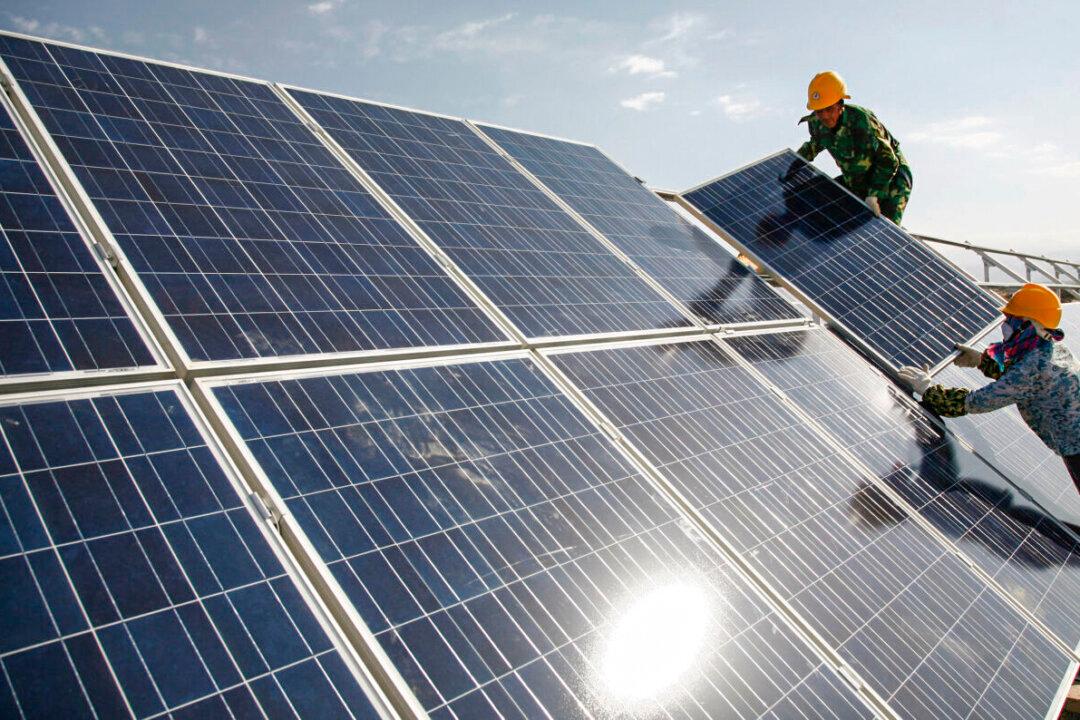Queensland is “unlikely” to charge homeowners for feeding solar power back to the grid, the government says, amid concerns it may follow similar proposals in New South Wales (NSW).
Solar Citizens wants the state government to rule out feed-in charges it says are being pushed by private electricity network operators over the border.





